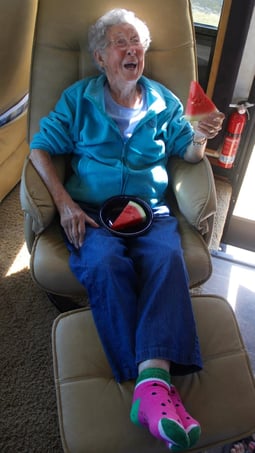In Nursing, there are moments when the clock seems to slow down, not because the shift is quiet, but because the weight of the situation demands your full presence. Whether it’s holding a patient’s hand before a major surgery or being the first face they see after hearing life-altering news, these are the moments when trust is not just helpful, it’s essential.
The bond between a Nurse and patient isn’t built in grand gestures. It’s formed through small, intentional acts that convey, I’m here for you. And often, these acts happen during some of the hardest moments in a patient’s life.
Why Trust Matters Most in Crisis
When a patient is facing fear, pain, or uncertainty, trust becomes the bridge between their vulnerability and your care. In these moments, clinical skills alone are not enough. Compassion, honesty, and presence can calm anxieties and make patients feel safe enough to let you in.
For example, during an emergency trauma admission, you might not have the luxury of a long conversation, but you can look the patient in the eyes, introduce yourself clearly, and explain every step you’re taking. That simple act communicates: You’re not alone, and I will guide you through this.
Real-Life Moments That Build the Bond
The Pre-Op Promise
One Nurse recalls caring for a young woman about to undergo open-heart surgery. The patient’s hands were shaking as she signed her consent form. The Nurse pulled up a chair, sat at eye level, and said, “I’ll be here when you wake up.” Hours later, when the patient opened her eyes in recovery, that same Nurse was standing right beside her. The relief on her face said everything, trust had been earned.
Staying Present in Loss
Another Nurse shared her experience with a family in the ICU whose loved one wasn’t going to make it. She didn’t have the right words, there are no perfect words, but she stayed in the room, adjusting blankets, offering tissues, and answering questions gently. Sometimes, trust isn’t about fixing the unfixable. It’s about being the steady presence when the world is falling apart.
Respecting Patient Fears
A Pediatric Nurse remembers a little boy who was terrified of needles. Instead of rushing, she knelt beside him, let him “give her a shot” with a toy syringe, and explained step-by-step what she was going to do. When it came time for the real injection, he squeezed her hand and said, “Okay, I'm ready.” That trust turned a moment of fear into a moment of bravery.
Practical Ways to Build Trust During Hard Times
-
Be transparent – Even when the news is difficult, honesty fosters trust. Patients can sense when information is being withheld.
-
Use their name – It’s a small thing, but it helps patients feel seen as a person, not a room number.
-
Explain what you’re doing, even if it seems obvious – Especially in emergencies, a calm, clear voice can anchor a patient in chaos.
-
Honor their dignity – Knock before entering, provide privacy, and respect personal boundaries.
-
Show up when you say you will – Consistency builds reliability, which builds trust.
The Lasting Impact
Nurses may not remember every patient, but patients often remember their Nurses, especially the ones who showed compassion during their hardest days. The trust you build in those moments can be a source of comfort long after the hospital stay ends.
In the end, the nurse-patient bond isn’t just about care plans and medication schedules. It’s about creating a human connection strong enough to hold someone together when their world feels like it’s falling apart. And for Nurses, that’s both the privilege and the heart of the job.


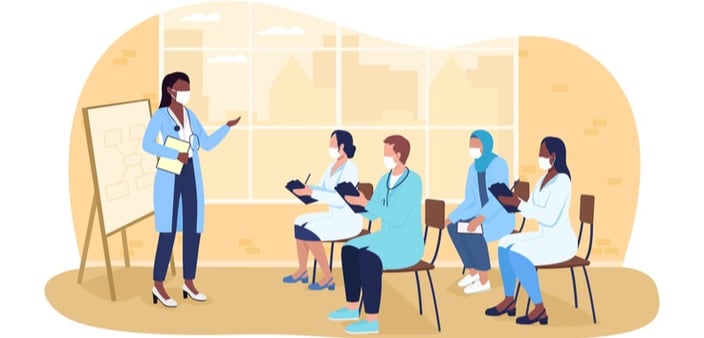 There is a growing need for more Nurse Educators to address the current shortage of Nurses and ensure the future generations of Nurses are well-trained and prepared to provide quality care.
There is a growing need for more Nurse Educators to address the current shortage of Nurses and ensure the future generations of Nurses are well-trained and prepared to provide quality care. Across the entire patient experience, Nurses have a hand in almost every aspect of the patient's healthcare journey. Nurses are compassionate, and dedicated, and work tirelessly to meet the needs of their patients. Because Nurses are at the forefront of every patient interaction, there are many things that we wish our patients knew and understood about how we work and handle our everyday tasks.
Across the entire patient experience, Nurses have a hand in almost every aspect of the patient's healthcare journey. Nurses are compassionate, and dedicated, and work tirelessly to meet the needs of their patients. Because Nurses are at the forefront of every patient interaction, there are many things that we wish our patients knew and understood about how we work and handle our everyday tasks. 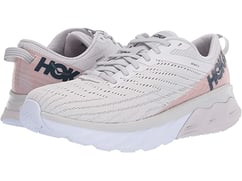


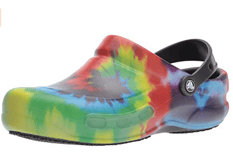
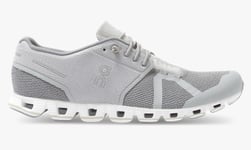

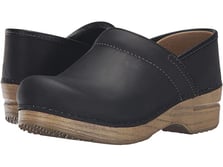
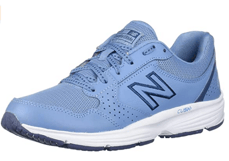
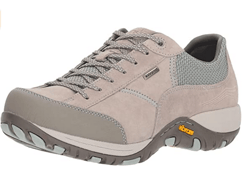
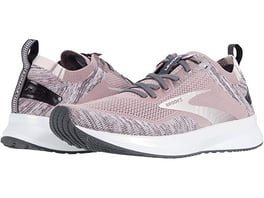

 Have you been thinking about a Leadership position? Perhaps you’ve dreamed about being the CNO or CEO at a hospital or health system. This article speaks very frankly about what it takes and what’s involved in these positions.
Have you been thinking about a Leadership position? Perhaps you’ve dreamed about being the CNO or CEO at a hospital or health system. This article speaks very frankly about what it takes and what’s involved in these positions.

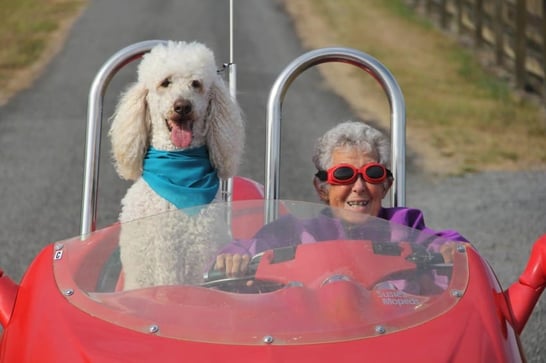 After 13,000 miles and 75 locations in 32 states, Norma – the 91-year-old Nurse who chose to take a road trip instead of spending her last days undergoing chemotherapy – has passed away. This fun loving lady lived the last year of her life in an Airstream trailer with her therapy poodle Ringo, enjoying the sights of our lovely nation. Keep reading to learn more about Norma and see photos from her journey!
After 13,000 miles and 75 locations in 32 states, Norma – the 91-year-old Nurse who chose to take a road trip instead of spending her last days undergoing chemotherapy – has passed away. This fun loving lady lived the last year of her life in an Airstream trailer with her therapy poodle Ringo, enjoying the sights of our lovely nation. Keep reading to learn more about Norma and see photos from her journey! 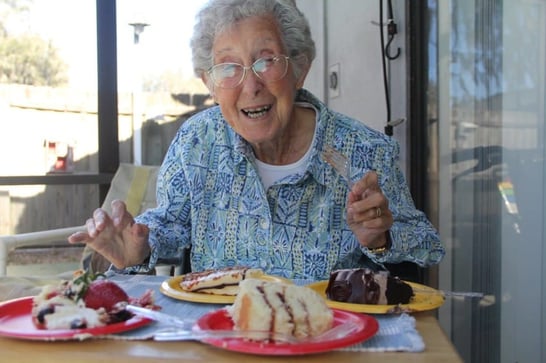
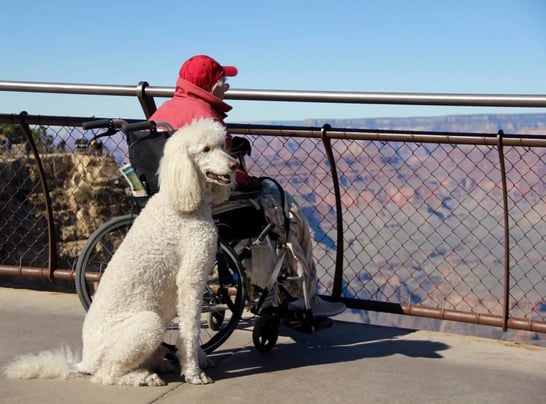
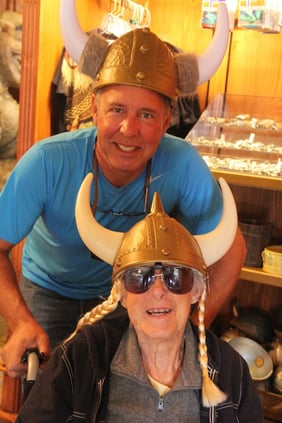 Everywhere she went, Bauerschmidt — often called “Miss Norma” who was in a spoof on the film Driving Miss Daisy — made sure to share her infectious smile and enthusiasm for life with everyone she met.
Everywhere she went, Bauerschmidt — often called “Miss Norma” who was in a spoof on the film Driving Miss Daisy — made sure to share her infectious smile and enthusiasm for life with everyone she met.
